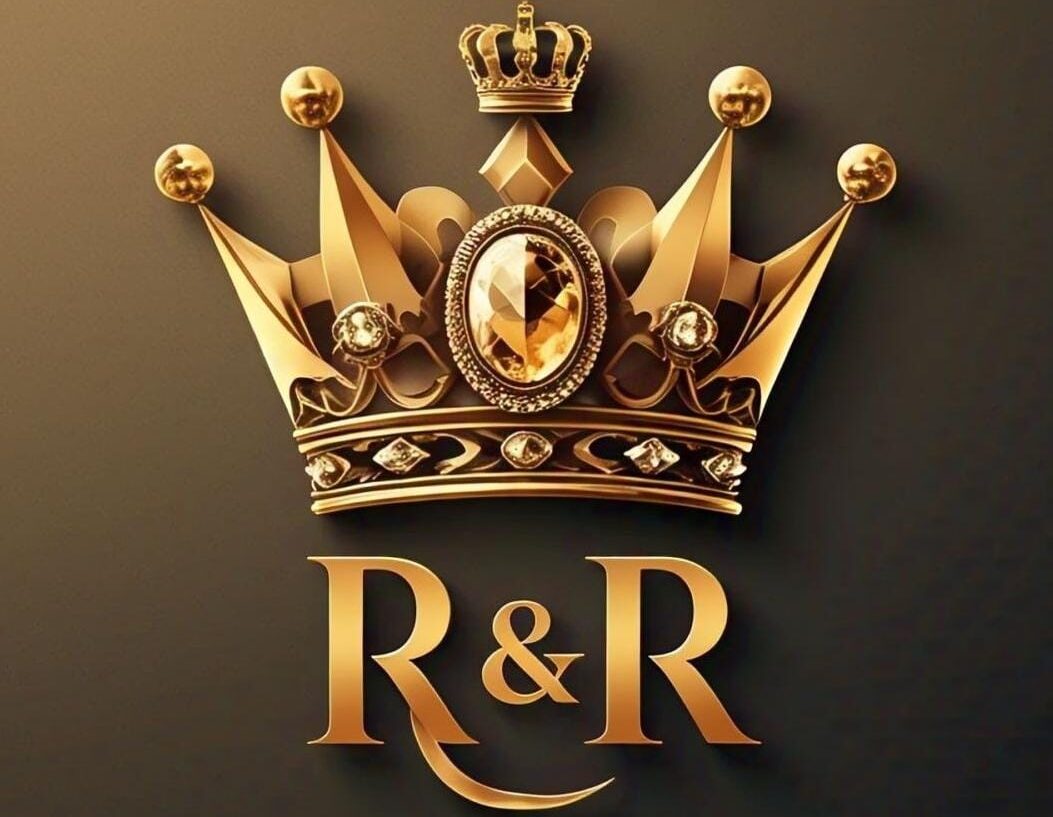How Does Social Media Affect Our Relationships?

Social media has transformed the way we communicate, interact, and maintain relationships. It connects people across the globe, allows for instant communication, and provides a platform to share moments of our lives. However, its impact on our relationships is complex and multifaceted. While social media offers many benefits, it also presents challenges that can influence our connections with others in both positive and negative ways.
1. Enhancing Communication and Connectivity
One of the most significant benefits of social media is its ability to keep us connected with friends, family, and acquaintances, regardless of geographical distance. Social media platforms like Facebook, Instagram, and WhatsApp allow us to share updates, photos, and videos, maintaining a sense of closeness even when physical distance separates us.
For long-distance relationships, social media can be a lifeline, enabling regular communication through messages, video calls, and shared content. It can also help rekindle relationships that might have otherwise faded, such as reconnecting with old friends or distant relatives.
2. Facilitating New Connections
Social media is a powerful tool for meeting new people and expanding our social circles. Online communities, interest groups, and social networks provide opportunities to connect with like-minded individuals who share similar interests, hobbies, or professional goals. This can lead to meaningful friendships, romantic relationships, and professional collaborations that might not have been possible without social media.
Moreover, dating apps and platforms like Tinder or Bumble have revolutionized how people meet potential partners. These apps use algorithms to match individuals based on shared interests, values, and preferences, making it easier to find compatible connections.
3. Impact on Face-to-Face Interactions
While social media enhances virtual communication, it can also detract from face-to-face interactions. The convenience of online communication sometimes leads people to substitute in-person interactions with digital ones, potentially weakening the depth of relationships. For example, instead of having a heartfelt conversation in person, some may opt for a quick message or a social media post.
This shift can result in a loss of emotional intimacy and a decrease in the quality of relationships. In some cases, the overreliance on social media for communication can create a sense of isolation, even when we are more “connected” than ever before.
4. The Pressure of Perfection
Social media often presents a curated version of reality, where people share only the highlights of their lives. This can create unrealistic expectations and pressures to maintain a perfect image. When we compare our lives to the seemingly flawless lives of others on social media, it can lead to feelings of inadequacy, jealousy, and dissatisfaction.
These negative emotions can strain relationships, especially if one partner feels inferior or resentful of the other’s social media presence. Additionally, the pressure to present a perfect relationship online can lead to superficial interactions, where couples prioritize appearances over genuine connection and communication.
5. Privacy and Trust Issues
Social media can blur the lines between public and private life, leading to potential trust issues in relationships. The ease of sharing personal information and the temptation to overshare can sometimes result in conflicts. For example, a partner may feel uncomfortable with certain aspects of their relationship being shared publicly or may mistrust interactions with others online.
Moreover, the accessibility of social media can lead to temptations such as flirting or infidelity. The anonymity and distance provided by social media platforms can sometimes encourage behaviors that would not occur in face-to-face interactions, leading to breaches of trust and relationship conflicts.
6. Fostering Supportive Communities
On the positive side, social media can be a powerful tool for building supportive communities. Many people turn to social media for advice, encouragement, and emotional support, particularly during challenging times. Support groups, forums, and online communities provide a space for individuals to connect with others who share similar experiences, such as dealing with illness, grief, or mental health challenges.
These online communities can foster a sense of belonging and understanding, which can be incredibly beneficial for individuals who may not have access to such support in their immediate surroundings.
7. Balancing Social Media Use
To maintain healthy relationships, it’s important to strike a balance between social media use and real-life interactions. Setting boundaries, such as designated times for social media use or prioritizing face-to-face conversations, can help ensure that social media enhances rather than detracts from relationships.
Mindfulness in social media usage is also key. Being aware of the impact of social media on our emotions, behaviors, and relationships allows us to use it more intentionally and positively.
Conclusion
Social media has undoubtedly changed the way we form and maintain relationships. While it offers many benefits, such as increased connectivity and the ability to form new relationships, it also presents challenges that can affect the quality of our interactions. By being mindful of how we use social media and striving to maintain a balance between online and offline communication, we can ensure that our relationships remain strong, authentic, and fulfilling.

Tariq Riaz is a passionate web developer and content generation expert.









